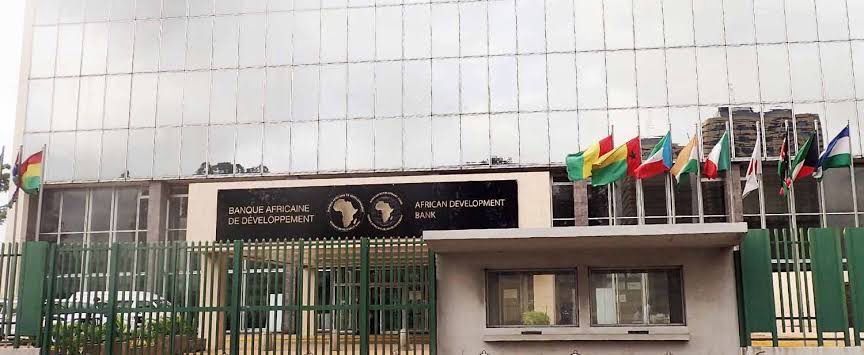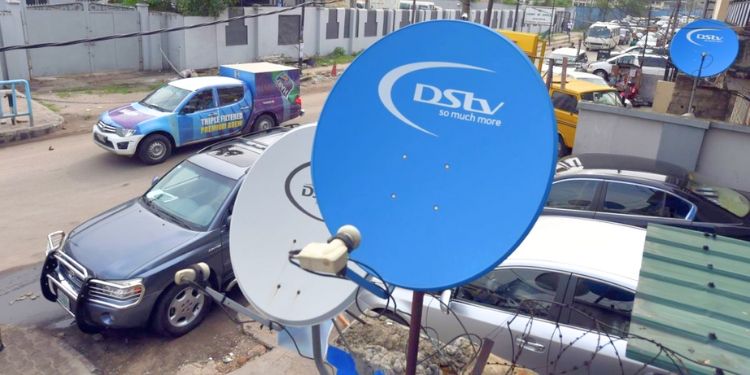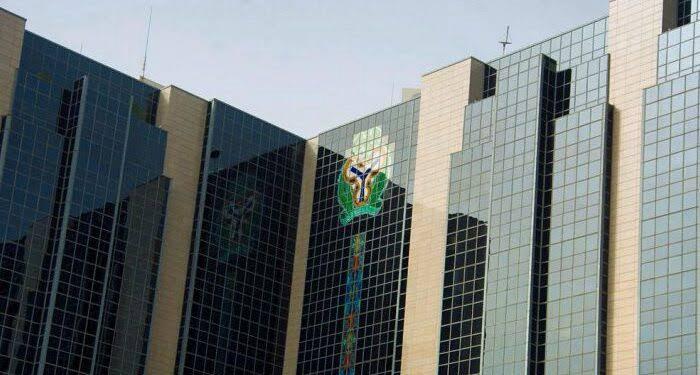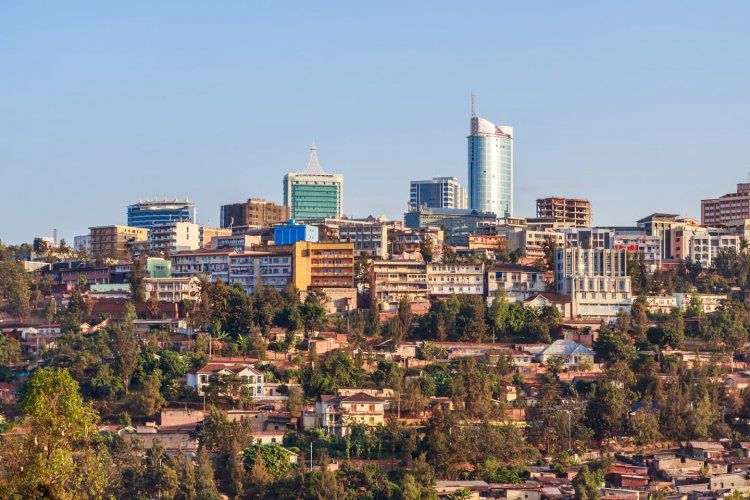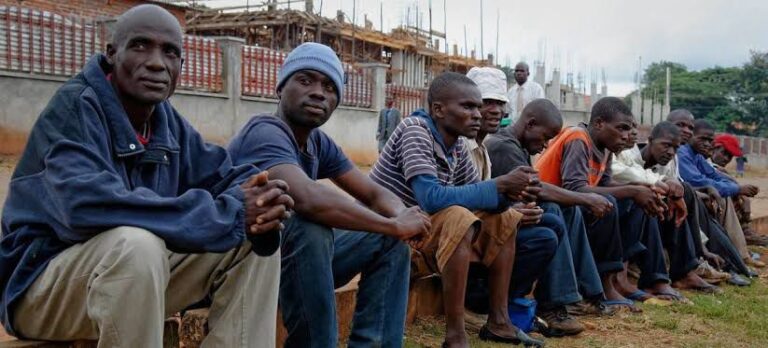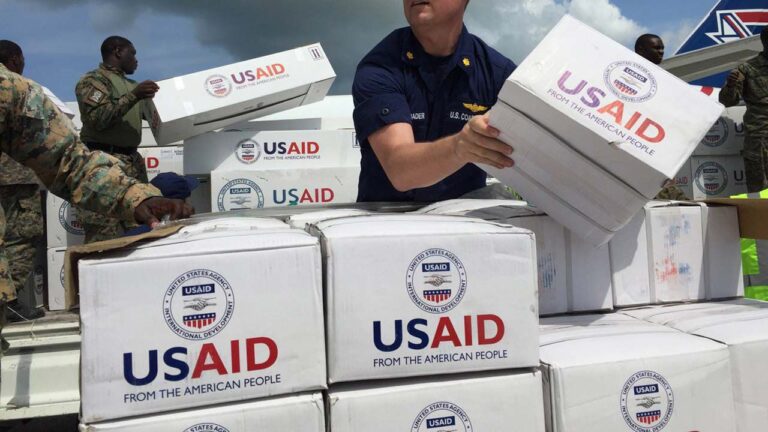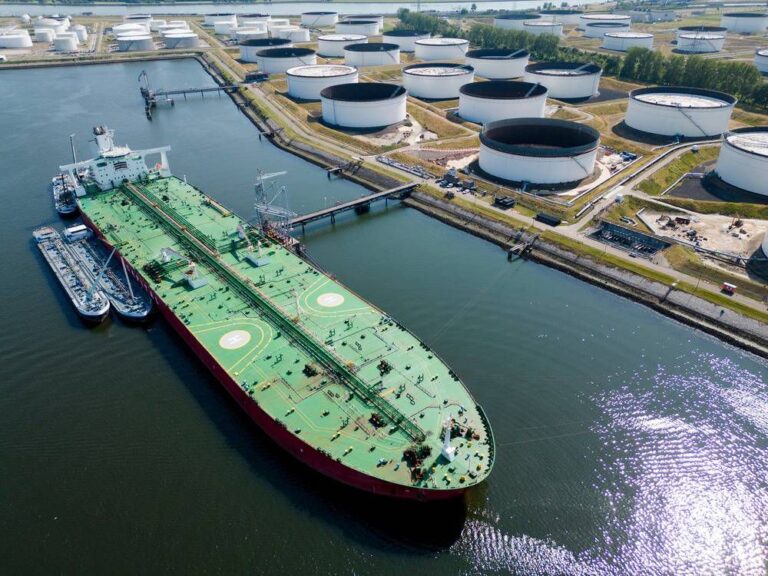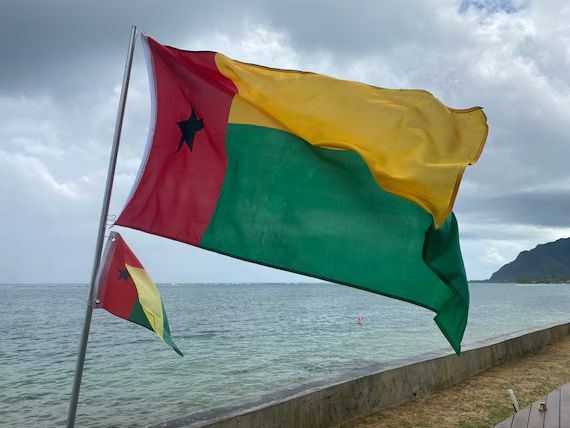A significant boost for clean energy initiatives across Africa, the Africa development bank (AFDB) has approved €26.5 million to support the construction of a new solar power plant in Togo
Africa is actively pursuing clean energy initiatives to increase energy efficiency, reduce emissions and potentially become a net exporter of clean energy across the globe with renewable sources like: solar, wind and hydro power. A lot of communities have embraced solar energy; it’s one of the cheapest sources of electricity in many areas.
According to a press release from AFDB the €26.5 million euro will support the development of a 62 megawatt-peak Greenfield solar photovoltaic power plant in Sokodé, Togo.
The plant, in Sokodé, in the centre of the country, will supply clean, renewable energy to more than 700,000 people who currently have limited access to electricity.
Report from the press release says financing for the project “includes a loan of up to €18.5 million from the African Development Bank and a concessional loan of up to €8 million from the Bank-managed Sustainable Energy Fund for Africa (SEFA). PROPACO, the French development finance agency focused on private sector growth in emerging markets, will provide additional co-financing, positioning the €61 million project as a model of effective public-private collaboration.”

Energy capacity, long term plans.

According to word bank reports Togo has a population of 9.3 million people; however 59% of the population has access to electricity; with 41% vulnerable to energy crisis.
Leading to the country’s national target of achieving 100% electrification by 2030. The target plans to include renewable energies to its energy mix to achieve a 20% target by 2030. From 3megawatt Togo has been on the journey of increasing its clean energy production to 200 megawatt by 2030.
However AFDB hints that the financial support for the Sokodé solar project is to help with the country’s agenda for 100% electrification. Highlighting it will move the country away from fossil power which are cost and also causes pollution.
“This project is critical for achieving Togo’s target of installing 200 MWp of renewable energy capacity by 2030. It will pave the way for the country’s energy transition away from costly and polluting thermal generation, enhancing energy security and reliability, and accelerating the path to universal access by 2030.” AFDB noted.
Mr. Kevin Kariuki, Vice President for Power, Energy, Climate, and Green Growth at the AFDB. Expressed that the project portrays Togo’s strong commitment to clean energy, and AFDB support for advancing renewable energy across the continent.

“The Sokodé solar project is a landmark achievement that highlights Togo’s strong commitment to the transition to renewable energy” he said.
He also noted that the project not only supports Togo’s efforts to access to energy through renewable but also stimulates local economic growth and enhances the country’s energy security and reliability.

Solar energy projects across Togo.
Reports from ESI-Africa shows: the Blitta solar PV plant has enabled the installation of 51,887 individual solar kits for the benefit of 35,000 rural households and 394 solar water pumps for small farmers.
The renewable energy development policy in Togo has also enabled the establishment of mini solar power plants in Bavou (Ogou), Assoukoko (Blitta), Takpapiéni (Oti-Sud) and Koutoum (Bassar) for a total production of 600kWp.

“The objective is to considerably boost the production of renewable energies from 3MW to 200MW by 2030, and in turn fight against climate change.” Says the Togo presidency.
However, the AFDB press release confirms the Sokodé solar project is developed by French multinational power utility company Électricité de France, the project entails the design, construction, and operating of the Greenfield solar plant and an 11 km transmission line in Sokodé. Once operational, the plant is expected to generate 87 gig-watt-hours of electricity annually, delivering clean, reliable, and affordable power to communities while addressing energy deficits.
The project also supports Togo’s M300 energy compact by driving least-cost power generation through competitive bidding and boosting private sector involvement. It aligns with the African Development Bank Group’s “Light Up and Power Africa” goal to advance sustainable, inclusive energy solutions across the continent.
NWALI CHIDOZIE MICHEAL




